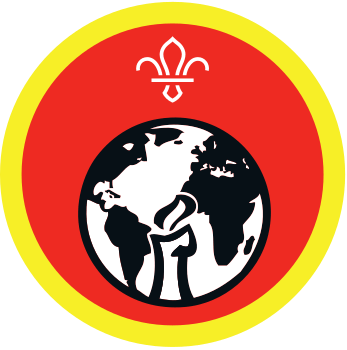
Pin the place on the map
You’ll need
- Printed world map
- Printed place names or pictures
- Sticky tape or sticky tack
- Clues, facts, and answers sheet
Scouts is open to everyone. We don’t identify exclusively with one faith, and we welcome people of all faiths and of none.
We know it’s important for people to learn about each other, including understanding different faiths and beliefs. Scouts always respects people’s beliefs, faiths and cultures, and everyone should be open to learn.
As an inclusive and values based movement, we support our members to engage and learn about different faiths and beliefs in an exciting and meaningful way, even if they don’t have a faith themselves.
Celebrating and understanding differences, including differences in faiths and beliefs, is an important part of our Scout values, which are:
- Integrity: We act with integrity; we are honest, trustworthy and loyal.
- Respect: We have self-respect and respect for others.
- Care: We support others and take care of the world in which we live.
- Belief: We explore our faiths, beliefs and attitudes.
- Co-operation: We make a positive difference; we co-operate with others and make friends.
Our value of Belief and its exploration helps Scouts to learn from other faiths and beliefs. This encourages them to develop or build their personal beliefs and understand their shared values, whether faith-based on not.
We know that learning about faiths, beliefs and different attitudes can help to break down barriers, helps us all to recognise what we have in common, and teaches us to value and respect other people. It also helps us to build up respect, acceptance and knowledge for each other, leading to a more co-operative and inclusive society.
In our diverse society, people can sometimes feel cautious talking about this sensitive subject. However, it's important that Scouts offers young people safe, exciting and open spaces to explore faiths and beliefs. They should be able to engage in personal reflection, as they question and develop their opinions and understanding of the world around them.
Making time for personal reflection and developing our beliefs means exploring the places, people, communities, celebrations or stories which hold meaning for us, and it may not necessarily mean exploring a faith.
For example, someone’s shared values may be their Scout Values and that person may choose to reflect on them at important times, such as when they make their Promise. Others may choose to reflect at certain times of the year, such as a faith-based festival, birthdays, meaningful events or at New Year. Some people may still celebrate events, such as Christmas, but use it as a time to celebrate family, friends and loved ones, as well as for charity and giving.
Discover more about Faiths and Beliefs in Scouts.
Before you begin
- Use the safety checklist to help you plan and risk assess your activity. Take a look at our guidance to help you carry out your risk assessment, including examples.
- Make sure all young people and adults involved in the activity know how to take part safely.
- Make sure you’ll have enough adult helpers. You may need some parents and carers to help if you’re short on helpers.
Planning and setting up this activity
- Put the map on a wall, or on the floor. Make sure everyone will be able to reach it.
- Cut out the place names or pictures, so they’re all separate.
Running this activity
- Gather everyone together and ask them to get into small groups.
- Give each group some of the place names or pictures, and some sticky tape or sticky tack.
- Groups should talk about where they think each place is on the map. When they’ve decided, someone should use the sticky tape or tack to stick the picture or name to the map.
- Read out the clues if any group is struggling with any of the places.
- Remind everyone that each person in the group should have a chance to share their thoughts and opinions.
- The winning team is the first to put all of their places on the map correctly. It could also be the one that needs the fewest clues.
- Now, everyone should look at the map. Does anyone know which religion each place is important to, and why?
- Explain which religion each place is linked to, using the clues and notes sheet to help. More than one religion might consider some of the places special too.
Reflection
This game helped you to respect and value others. Is it important to understand what other people believe, and why certain places are special to them? How could you show respect when you talk about (or even visit) a place that has religious significance? How do you think people respect each other when more than one religion has to share a special place? Do you think a place can mean different things to different people?
This game also reminded you that you’re a local, national, and international citizen. How do you think it would feel to live far away from a place that has a lot of religious significance? Have you ever visited any plans of religious significance? We’re all international citizens, even though we believe different things. What sorts of things do you think you might have in common with people who have different special places?
Safety
All activities must be safely managed. You must complete a thorough risk assessment and take appropriate steps to reduce risk. Use the safety checklist to help you plan and risk assess your activity. Always get approval for the activity, and have suitable supervision and an InTouch process.
- If you don’t have a printer, you could sketch a rough map (on paper or on the floor in chalk), label different areas of the room as different continents or countries, or just label the images themselves.
- Change the number of clues you give groups depending on how they’re getting on.
- You could also blindfold a volunteer – now their team will have to use their teamwork and communication skills to guide them to pin the place.
- Once you’ve played this game with places across the world, you could also print a map of your town. Which places of religious significance are nearby?
Make it accessible
All Scout activities should be inclusive and accessible.


